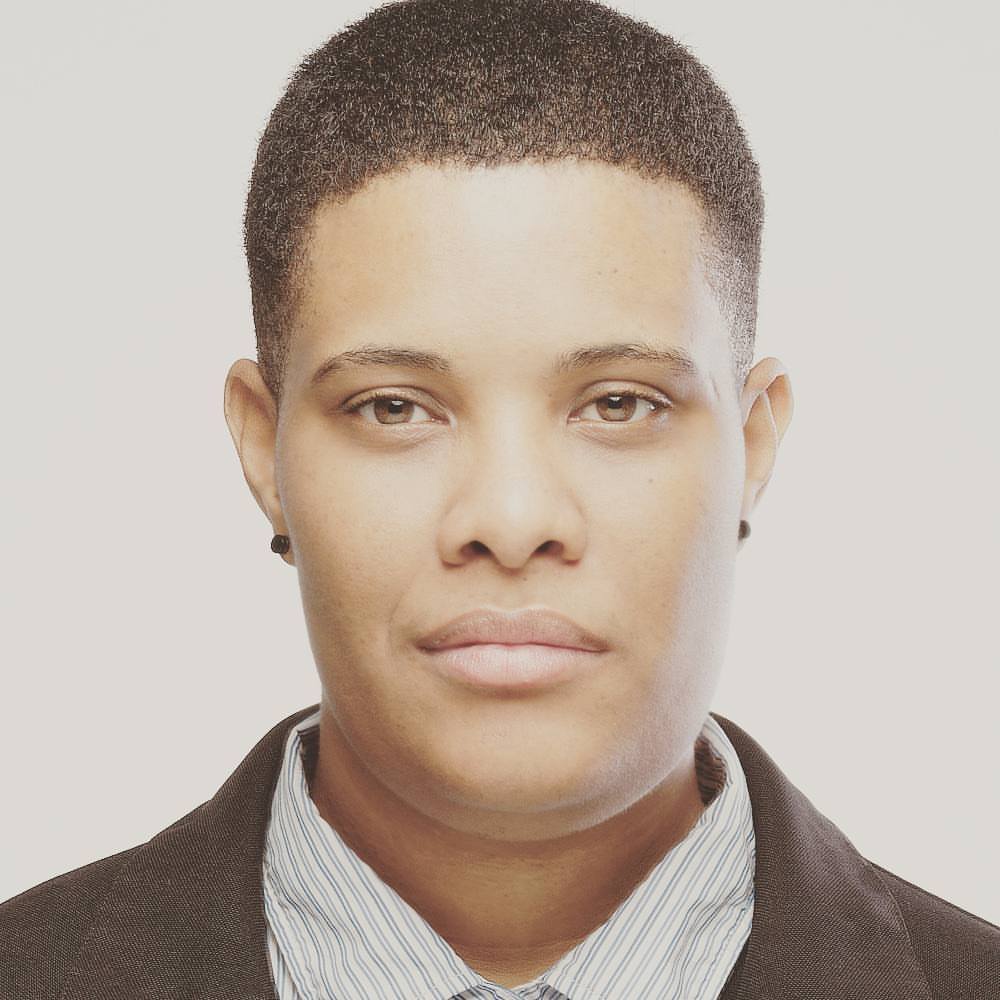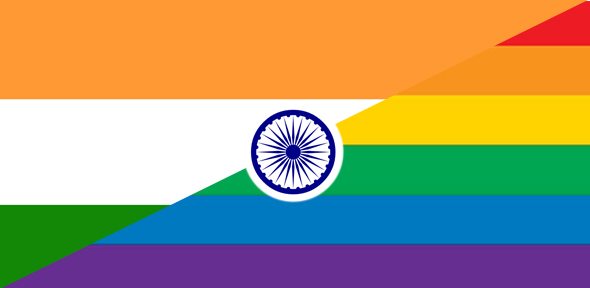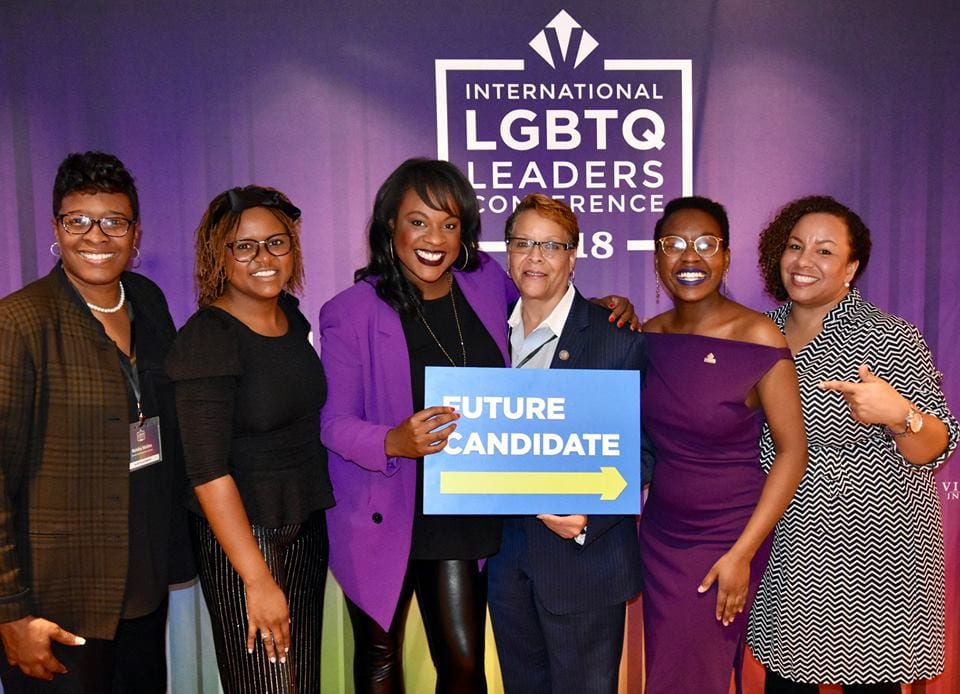
Victory Institute’s Leadership Initiatives Intern Jonathan Dromgoole conducted the below interview with the Hon. Aziza Lake by phone on April 2nd, 2019.
As one of the youngest members in the Senate of Antigua and Barbuda, Aziza Lake has the unique privilege of giving a voice to issues often left out by older generations.
It should come as no surprise that the Hon. Aziza Lake is focused on the inclusion of young voices and marginalized communities in her country. When asked further about why she believes that young people are so pivotal to her work and the future of Antigua and Barbuda, she responded that “they are the ones who can make a difference” and should be “vested in the issues they care about to make a change in their country”. She thrives on being a young member of Senate, giving her an inside look into issues young people are facing and what they want from their government. It is this personal connection to young people that she attributes to her success in bringing a voice to marginalized communities.
During our brief interview, we focused on another marginalized group: the LGBTQ community. Security concerns for members of the LGBTQ community appear to be different in Antigua and Barbuda then they are in the United States. While homophobia still exists, violent crimes against members of the community are not common, resulting in small demands from the LGBTQ community to change laws. According to Senator Lake, there’s a delicate balance between maintaining the stable status quo and rocking the system to implement new laws. For example, there are laws on the books that may criminalize homosexual activity, but because they are never implemented and used against members of the community, they are viewed as little more than relics of a colonial era. She fears that by attempting to remove such laws the backlash towards the LGBTQ community may be stronger making it more dangerous for people to be themselves then it already is.
Of course, it would be great to reach a point where every citizen of Antigua and Barbuda can be themselves, but as Senator Lake says allies and activist can only do so much to bring LGBTQ issues to the forefront of the political agenda. Allies can reinforce the ideas of universal fundamental rights and can provide a sense of support and solidarity LGBTQ individuals putting up the good fight to expand community specific rights. And the lack of an activist community makes it difficult to push many LGBTQ issue on the agenda. Senator Lake attributes this specifically to the fact that overt homophobia is not common in her country. Yes, slurs and attacks still occur but it is also not as common as it may be in other countries. Senator Lake mentioned that due to the relative peace and stability, an activist community has not naturally developed as may be the case in the United States where homophobia is more widely seen.
Looking forward, Senator Lake stated that she would like to see more understanding and conversations around issues affecting the LGBTQ community. She believes that if people speak and engage with one another, we could solve many of the issues facing our world today. She encourages allies to ask LGBTQ people about their experiences with everyday issues and use their voices to amplify those experiences to the wider community. At the end of the day, communication is key to understanding – which naturally leads to acceptance. She hopes to inspire young people to be the voice for change for a better future.
While the United States may have a large youth and LGBTQ advocacy community, other countries, for whatever reason, do not. The work of policymakers like Senator Lake bring the voices of young people, women, and the LGBTQ community into conversations where they aren’t always present. They use advocacy as crucial first step towards equality.
The LGBTQ Victory Institute is proud to work with policymakers in countries across the world like Colombia, India and South Africa to push for greater LGBTQ equality and representation.

